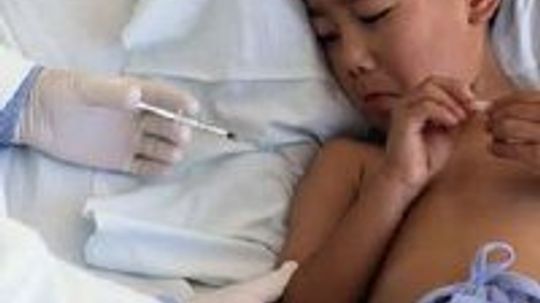Family Care
Keep your loved ones healthy with these tips on caring for sick children, handling doctor visits and preparing for emergencies.
Learn More
Does an only child exhibit different behavior and personality than one with siblings? Or is this spoiled reputation nothing more than a persistent cultural myth?
One study attempted to find out, with a little help from some brain scans.
By John Donovan
A trio of economists reports that kids in larger families may have more to worry about than simply sharing a room or dealing with hand-me-downs.
By John Donovan
Advertisement
Whether they're in the office or on the playground, bullies intimidate the people around them. School-age bullies are a perfect example: They're usually bigger or older or more popular than many of their peers. What can schools do to stop classmate-on-classmate abuse?
By Tom Scheve
Children are born with protection from many diseases, thanks to antibodies passed through the placenta. Within a year, however, this defense is lost, so children need vaccinations to protect them from these diseases.










